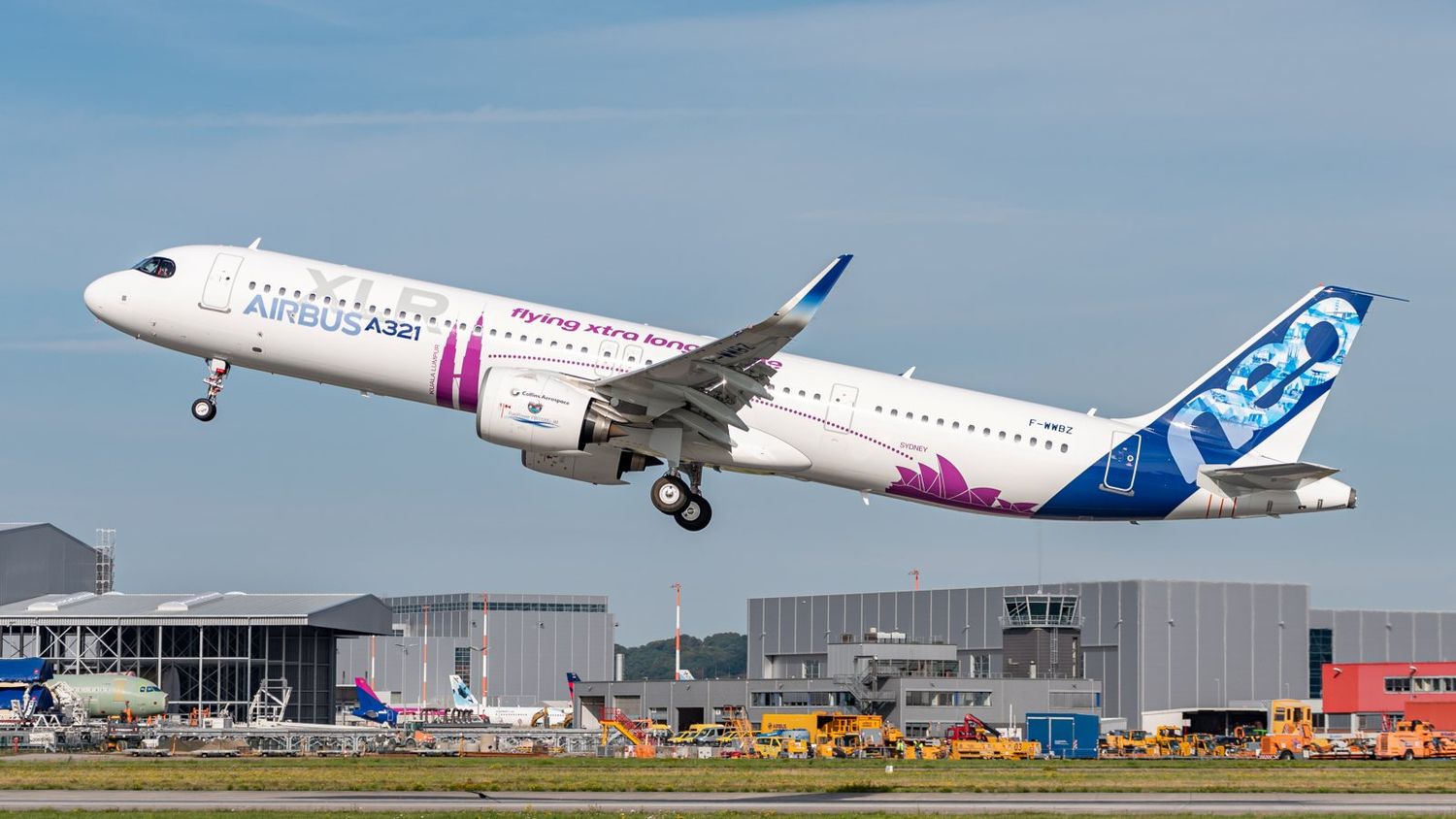Argentina will automatically recognize aircraft and component certificates issued by foreign authorities.
The National Civil Aviation Administration (ANAC) of Argentina has issued Resolution 282/2025, which establishes the automatic recognition of Type Certificates (TC) and Supplemental Type Certificates (STC) issued by leading civil aviation authorities worldwide. This eliminates the need for a specific Argentine validation process for aircraft and components certified under equivalent standards.
The new measure directly impacts the incorporation of aircraft and components into Argentina’s aviation fleet. From now on, valid certificates issued by the Federal Aviation Administration (FAA) in the United States, the European Union Aviation Safety Agency (EASA), ANAC Brazil, the UK Civil Aviation Authority (CAA), and Transport Canada Civil Aviation (TCCA) will be recognized as equivalent to Argentine type certificates.
This recognition is based on original certification granted under specific regulations such as Parts 23, 25, 27, 29, 31, 33, and 35 of the U.S. Federal Aviation Regulations (FARs), EASA’s CS-22 for gliders, and equivalent standards from the other listed authorities. The resolution clarifies that even if there are design differences—particularly in aircraft not originally designed under FARs—special conditions agreed with the FAA will be accepted.
By removing the need for local validation or “legitimization,” the measure promises to significantly reduce bureaucracy, costs, and processing times associated with importing and registering aircraft in Argentina. This is expected to facilitate fleet modernization for local airlines and operators, offering quicker access to aircraft certified in major global markets.
According to the resolution, this decision aligns Argentina with international best practices and its obligations under the 1944 Chicago Convention (Law 15.110), promoting standardization and cooperation in civil aviation.
However, ANAC retains oversight of operational safety. Article 2 of the resolution specifies that aircraft owners or operators remain responsible for ensuring compliance with Argentine airworthiness standards (RAAC) before an aircraft is officially added to the national registry.
Puede interesarte
Additionally, the Airworthiness Directorate (DA) of ANAC will maintain an updated list of recognized certificates and manage communication with foreign authorities. The Argentine authority reserves the right to withdraw recognition if the original certificate is suspended or revoked, if manufacturer support ends, or at ANAC’s discretion (Article 5).
Bilateral Aviation Safety Agreements (BASA)
A key element in the successful implementation of this resolution is the development of Bilateral Aviation Safety Agreements (BASA). Article 6 instructs ANAC’s Planning and Management Control Unit (UPyCG) to develop and implement the necessary BASAs within 120 days. These formal agreements are essential to establish a framework for cooperation, information exchange, and mutual trust between ANAC and the foreign authorities whose certificates will now be automatically recognized.


Comentarios
Para comentar, debés estar registrado
Por favor, iniciá sesión